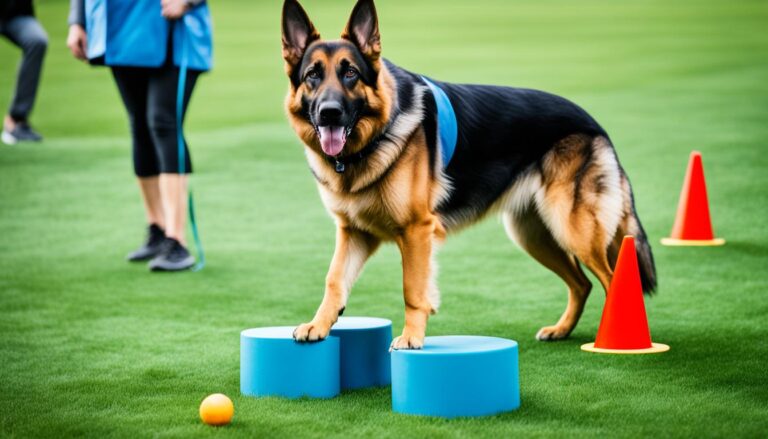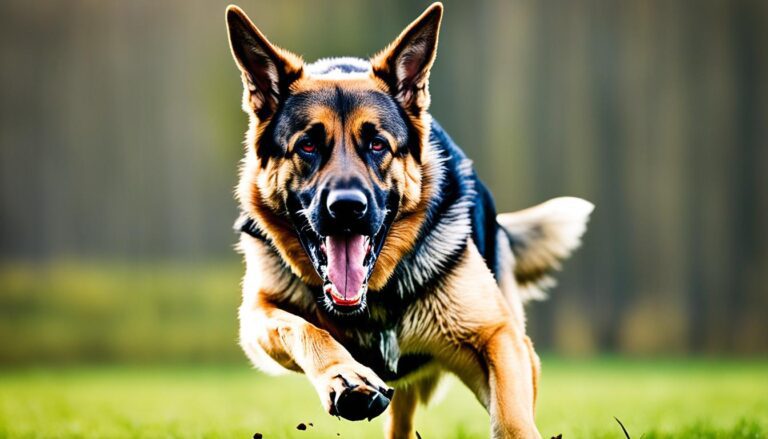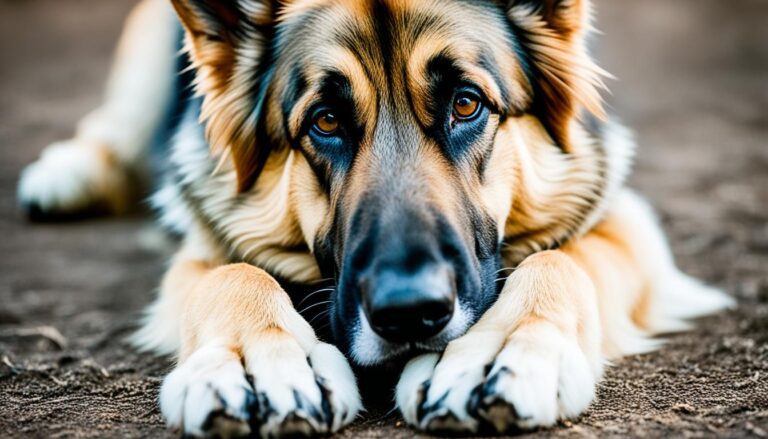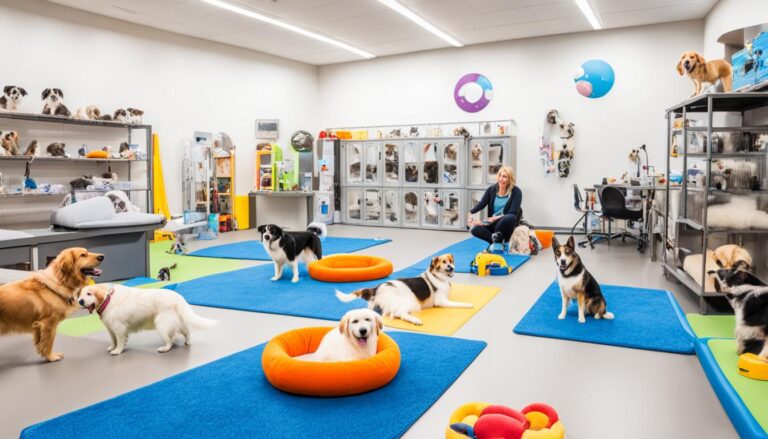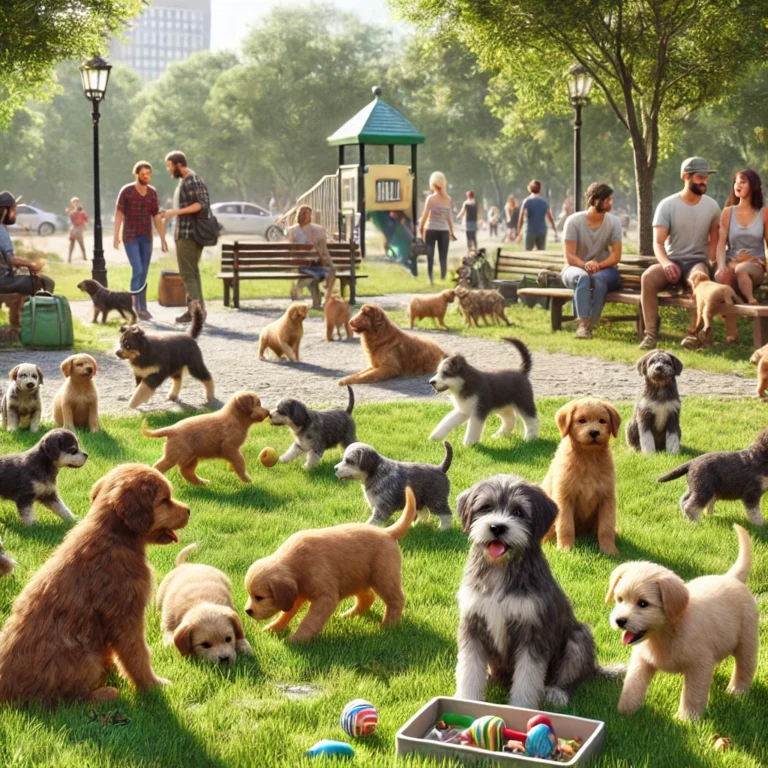Essential Tips: German Shepherd Puppy What You Need to Know
If you’re considering welcoming a German Shepherd puppy into your home, you’re about to embark on an incredible journey with one of the most beloved and popular dog breeds. Did you know that German Shepherds rank second on the American Kennel Club’s list of most popular dog breeds in the United States? Their loyal and protective nature, intelligence, and versatility make them a favorite choice for families, working professionals, and dog enthusiasts alike.
Socialization and Training Goals for German Shepherd Puppies
German Shepherd puppies are intelligent and trainable, but they require proper socialization and training from an early age. Socialization plays a crucial role in shaping their behavior and preventing fear and aggression later in life. It’s important to expose them to different people, animals, and environments during their critical socialization window, which closes around 16 weeks of age.
Remember, early experiences can have a profound impact on the development of your German Shepherd pup.
Crate training is an essential component of their training routine. Introducing them to a crate at a young age helps create a safe and comfortable space for them and aids in housetraining. Gradually acclimate your puppy to the crate by using positive reinforcement techniques and making it a positive experience.
Housetraining is another vital aspect of German Shepherd puppy training. Consistency and patience are key when teaching them where and when to eliminate. Establish a routine, take them out frequently, and reward them for eliminating in the appropriate spot. With time and consistency, your German Shepherd puppy will learn to relieve themselves outside.

Once your German Shepherd puppy has mastered basic obedience commands like sit, down, and stay, it’s time to move on to more advanced training. Obedience training should begin when your puppy is between 3 to 9 months old. Teaching recall, or coming when called, is particularly important for their safety, allowing you to have control over them in different situations.
“Recall training establishes a strong bond between you and your German Shepherd. It ensures they can safely explore the world while still responding to your commands.”
Impulse control is another important aspect of German Shepherd puppy training. Teaching them to control their impulses helps prevent problem behaviors such as excessive barking, chewing, or jumping. Impulse control exercises can be incorporated into daily training sessions, promoting their ability to make calm and controlled choices.
The Training and Socialization Goals for German Shepherd Puppies:
- Expose them to different people, animals, and environments for proper socialization.
- Introduce crate training to provide a safe and comfortable space.
- Implement a consistent housetraining routine.
- Teach basic obedience commands like sit, down, and stay.
- Establish a reliable recall command.
- Encourage impulse control through training exercises.
Essential Tips for German Shepherd Puppy Care
When bringing home a German Shepherd puppy, it’s important to ensure their well-being and provide the right care. Here are some essential tips to help you with German Shepherd puppy care:
Dog-Proofing Your Home
Puppies are naturally curious and can get into mischief if left unsupervised. Dog-proofing your home is crucial to prevent accidents and protect your puppy. Secure loose electrical cords, remove toxic plants, and keep harmful chemicals out of their reach.
Grooming for a Healthy Coat
Regular grooming is essential for German Shepherds to maintain a healthy coat and skin. Brush their fur regularly to control shedding and prevent matting. German Shepherds have a double coat, so they may require more frequent brushing during shedding seasons.
Exercise and Mental Stimulation
German Shepherds are energetic and intelligent dogs that require plenty of exercise and mental stimulation. Engage them in daily activities such as long walks, running, or playing fetch. Mental stimulation through puzzle toys or training sessions will help keep their minds sharp.
Teaching House Manners
Establishing house manners is crucial for the development of a well-behaved German Shepherd. Set clear boundaries and expectations for their behavior. Teach them basic commands like sit, stay, and leave it. Consistency and positive reinforcement are key to their learning process.
Continued Socialization
Socialization is important throughout a German Shepherd’s life to build confidence and prevent fear or aggression towards strangers. Expose your puppy to various environments, people, and other dogs in a controlled manner. This will help them become well-adjusted and friendly adult dogs.
Conclusion
In conclusion, German Shepherd puppies require early training, socialization, and consistent care to develop into well-behaved and confident adult dogs. These highly intelligent and trainable beings have high energy levels and specific needs that should be addressed from an early age.
By following the essential tips mentioned in this article, you can provide your German Shepherd puppy with the care, training, and socialization they need for a happy and healthy life. Remember to start their training early and be consistent in your approach. Socialize them with various people and situations to build their confidence and prevent fear or aggression. Additionally, ensure your home is dog-proofed, groom them regularly, and provide plenty of exercise and mental stimulation to keep them happy.
With the right care and attention, your German Shepherd puppy will grow into a well-adjusted and obedient companion. Enjoy the journey of raising and training your German Shepherd, and cherish the loving bond that will develop between you and your furry friend.
FAQ
How do I find a reputable German Shepherd puppy breeder?
It is important to find a good, ethical breeder to ensure you get a healthy and well-bred puppy. You can find reputable German Shepherd breeders through the AKC Marketplace or by contacting breed-rescue organizations listed in the AKC Rescue Network.
When should I start training and socializing my German Shepherd puppy?
Training and socialization should start as early as possible. The critical socialization window for German Shepherd puppies closes at around 16 weeks of age, so it is important to expose them to different people, animals, and environments during this time. Training, including obedience training, can begin at 3 to 9 months of age.
What are the essential training goals for German Shepherd puppies?
The essential training goals for German Shepherd puppies include crate training, housetraining, basic obedience commands like sit, down, and stay, recall, and impulse control. These training goals help develop a well-behaved and obedient German Shepherd.
How do I dog-proof my home for my German Shepherd puppy?
Dog-proofing your home is crucial to prevent accidents and keep your puppy safe. This includes securing hazardous items, blocking access to restricted areas, and providing safe chewing alternatives. Regular supervision and monitoring are important during the puppy stage.
How often should I groom my German Shepherd puppy?
German Shepherds have a double coat that requires regular grooming. Brushing them at least once a week helps control shedding and maintain a healthy coat and skin. Bathing should be done as needed to keep them clean, but not too frequently to avoid stripping their natural oils.
How much exercise does my German Shepherd puppy need?
German Shepherds are an active breed and require regular exercise to stay happy and healthy. They should have at least 30 minutes to 1 hour of physical activity every day, consisting of walks, playtime, and mental stimulation. However, keep in mind that exercise needs may vary depending on the individual puppy.
How important is socialization for my German Shepherd puppy?
Socialization is crucial for German Shepherd puppies to build their confidence and prevent fear and aggression. Exposing them to new people, animals, environments, and experiences from an early age helps them become well-rounded and adaptable adults. Socialization should continue throughout their life.
What are the house manners I should teach my German Shepherd puppy?
Teaching house manners, such as boundaries and expectations, is important for a well-behaved German Shepherd. This includes teaching them to not jump on people, not to chew on furniture or other inappropriate items, and to respect personal space. Consistent positive reinforcement is key to establish good house manners.



